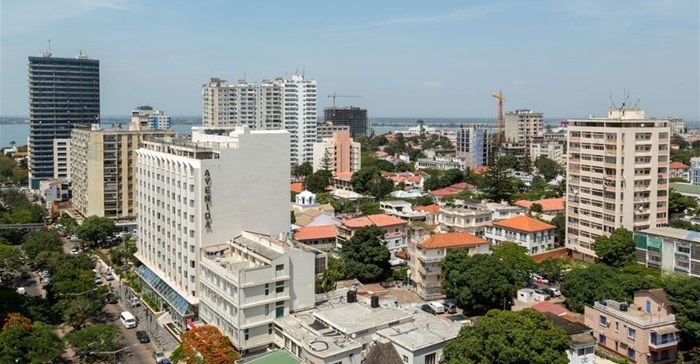Mozambique has made significant strides despite an economic slump over the past two years, according to the latest African Development Bank Country Result Brief.

Maputo, Mozambique. © Dereje Belachew via
123RFBetween 2004 and 2015, Mozambique was one of Africa’s fastest-growing economies, but a drop in GDP growth poses a number of challenges for the Southern African coastal economy.
"This result brief highlights the country's efforts to achieve an inclusive and green development model that can effectively reduce poverty through structural transformation and industrialisation, generating decent jobs and properly harnessing the country's natural potential," the Bank’s country manager, Pietro Toigo, said.
The result brief analyses socio-economic outcomes in Mozambique over the past decade, identifying results along three interconnected layers: the overall development trends in Mozambique; the contribution of the African Development Bank to development progress in Mozambique, and how efficient the Bank is managing its operations in Mozambique.
There has been considerable progress in Mozambique over the last decade and despite the recent economic crisis, the country's prospects are encouraging. The Bank has been in partnership with Mozambique for 40 years and will continue to accompany it on the path of inclusive development.
The results brief highlights some of the major development results achieved by the partnership in the past decade to include:
- Construction of 811 km of roads.
- Provision of access to water to 1.8m people.
- Cabling and installation of 1350 kms of electricity transmission and distribution lines, facilitating access to energy to 820,000 people.
- Co-financed 900km of rail along the Nacala corridor.
- Providing access to micro-credit to 435,000 people.
- Increased incomes of 8,000 rural households through support to irrigation.
According to the report, the Bank will continue to build on its achievements in line with its High5 priority development agenda:
- Light up and power Mozambique: The Bank will continue to support Mozambique to achieve its ambitious target of 100% access to electricity by 2030. Only 29% of Mozambicans currently have access to the grid, with the surplus being exported to neighbouring countries. The Bank will help Mozambique to unlock its rich energy mix of renewable and non-renewable sources.
- Feed Mozambique: In an effort to make the country more food secure, the Bank has supported the Agricultural sector, which employs 70% of the population, through nine operations worth more than US$120 million.
- Industrialise Mozambique: While the industrial sector plays a limited role in Mozambique’s economy, the Bank has developed several operations to support the development of small industries. Over the last decade, 5,000 people (50% of them women) have benefited from the results of these investment projects. The development of natural resources will provide opportunities for industrialisation in Mozambique with appropriate Bank support.
- Integrate Mozambique: Regional integration is a fundamental element of Mozambique's and Southern Africa’s growth and development agenda. The country provides natural access to the sea to five landlocked countries in the region. Developing transport infrastructure – road, rail and air – remains a top priority for the country and represents the largest sector of the Bank's portfolio in Mozambique.
- Improve the quality of life for Mozambicans: The Bank has for many years helped improve living conditions in Mozambique, particularly in the water sector. The 2018–2022 Country Strategy Paper (CSP), commits to support the Government in improving access to water and sanitation.
The publication is available at: Mozambique - Country results brief 2018.
Source: African Development Bank (AfDB).
